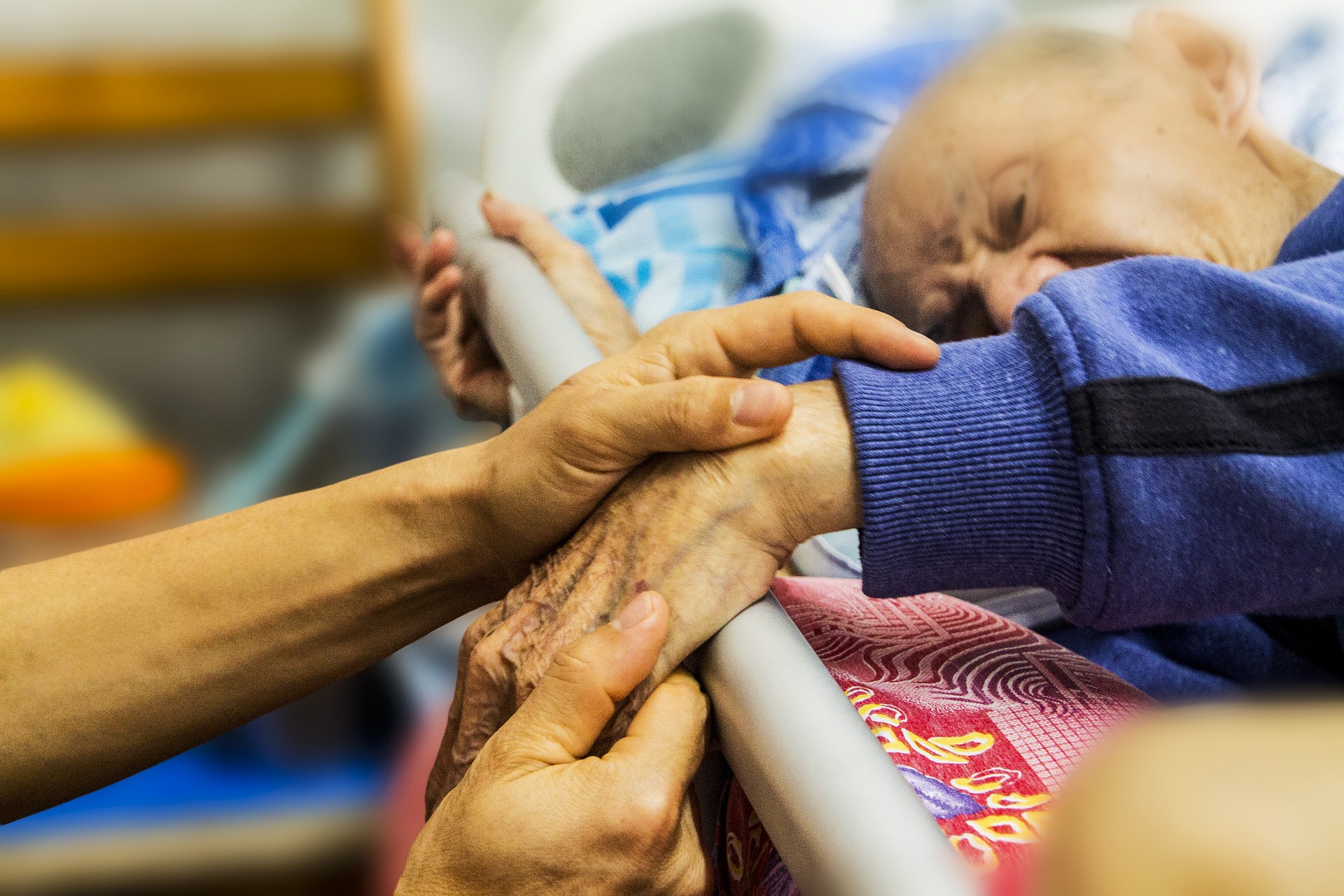As Canadians weigh in on access to medical assistance in dying (MAID), new data from the Angus Reid Institute suggests a large majority believes it should be easier for individuals to make their own end-of-life decisions.
In results released Friday, 80 percent of Canadians questioned in the 2019 survey say it should be simpler to make those choices, compared to 73 percent of respondents in 2016. One-fifth said there should be many safeguards restricting access to MAID, down from just over a quarter (27 percent) in 2016.
Men and women agree equally that it should be easier for individuals to make their own end-of-life decisions. That viewpoint was shared across the political spectrum, albeit to different degrees: More than two-thirds (69 percent) of Conservative supporters in the 2019 election held this viewpoint, while 86 percent of Liberal supporters and 89 percent of NDP supporters felt the same way.
Shachi Kurl, executive director of the Angus Reid Institute, points to the “sense of normalization” around the issue after MAID legislation was passed in 2016.
“We’ve seen this with things like same-sex marriage as well, where once legally something is in the public sphere, in the public domain, it then becomes more acceptable,” she said.
Some people who have run into restrictions since legalization may believe the system should be even more permissive, Kurl said. Still, concerns remain over access, particularly for medical practitioners for whom this is a moral issue.
“It really speaks to the intersection of freedom of choice, but also freedom of religious conscience,” she said.
Last September, a Quebec judge declared portions of the federal and provincial laws on MAID unconstitutional. In particular, one part of the federal law that dictated that a patient must face a “reasonably foreseeable” death before seeking to end their life was deemed a violation of the Charter.
Ottawa was given six months to pass new legislation.
The federal government launched an online survey on MAID in mid-January seeking input from Canadians, and received an overwhelming response. As of Wednesday evening, 229,281 respondents had completed it, CBC News reports.
The survey closes on Jan. 27 at 11:59 p.m. PST.
“We’ve seen this with things like same-sex marriage as well, where once legally something is in the public sphere, in the public domain, it then becomes more acceptable.”
In other findings, more people appear to lean toward LGBTQ acceptance compared to a few years ago. Seventy percent of respondents said Canadian society should work toward a greater acceptance of the LGBTQ community, up from the 64 percent who held that belief when questioned in 2016 in a joint survey from the Angus Reid Institute and CBC. Still, 30 percent wanted more recognition of the importance of “traditional” families in which a man is married to a woman — though that figure is down six percent from 2016. People who identified as Conservative (58 percent) in the 2019 vote were more likely to desire recognition of a traditional family model than Liberal (14 percent) or NDP supporters (9 percent).
“It really speaks to the political conundrum for the Conservative Party,” Kurl said.
“On one hand, the party knows that, well, in order to gain more votes, there’s a need to move to the centre… But at the same time, to do so, would really mean abandoning traditional points of view on social values.”
Respondents were also asked about their views on Pride parades. Sixty-nine percent said they saw Pride’s value, and said the celebrations helped make society more accepting of LGBTQ2 people. However, 31 percent said the parades reflected offensive values and attitudes. People who voted Conservative in 2019 were more likely to feel that Pride parades were not for them, (61 percent), compared to 12 percent of Liberal voters and seven percent of NDP supporters.
The online survey was conducted from Dec. 18 – 26, 2019, among a representative randomized sample of 2,308 Canadian adults who are members of Angus Reid Forum. For comparison purposes only, a probability sample of this size would carry a margin of error of +/- 2.0 percentage points, 19 times out of 20.
















I see the current words of euthanasia, and “assisted” suicide soon becoming: senicide (geronticide) and eugenics.
Like divorce and the LGBTQ movement it won’t stop where it’s at, as long as our society degenerates.
I’m all for self-determination. I feel that we should be permitted to make our own choices about ourselves and not have our personal choices determined by government. That being said, I realize we all do dumb things and make stupid choices. I took the survey. I personally want the choice to end my life and to designate someone to help me end it if I can’t do it myself. I may never use that choice but I want it just to know that it’s there if need be. I also feel that, if we aren’t hurting anyone else, we should be able to be who we are without discrimination. My life; my choice.
I AGREE WITH YOU. My Creator gave me the intellectual and psychological capacity to make decisions and take responsibility for those decisions. Why would anyone or any government think that they should over rule my Creator?